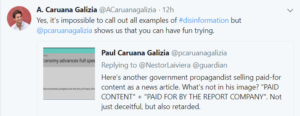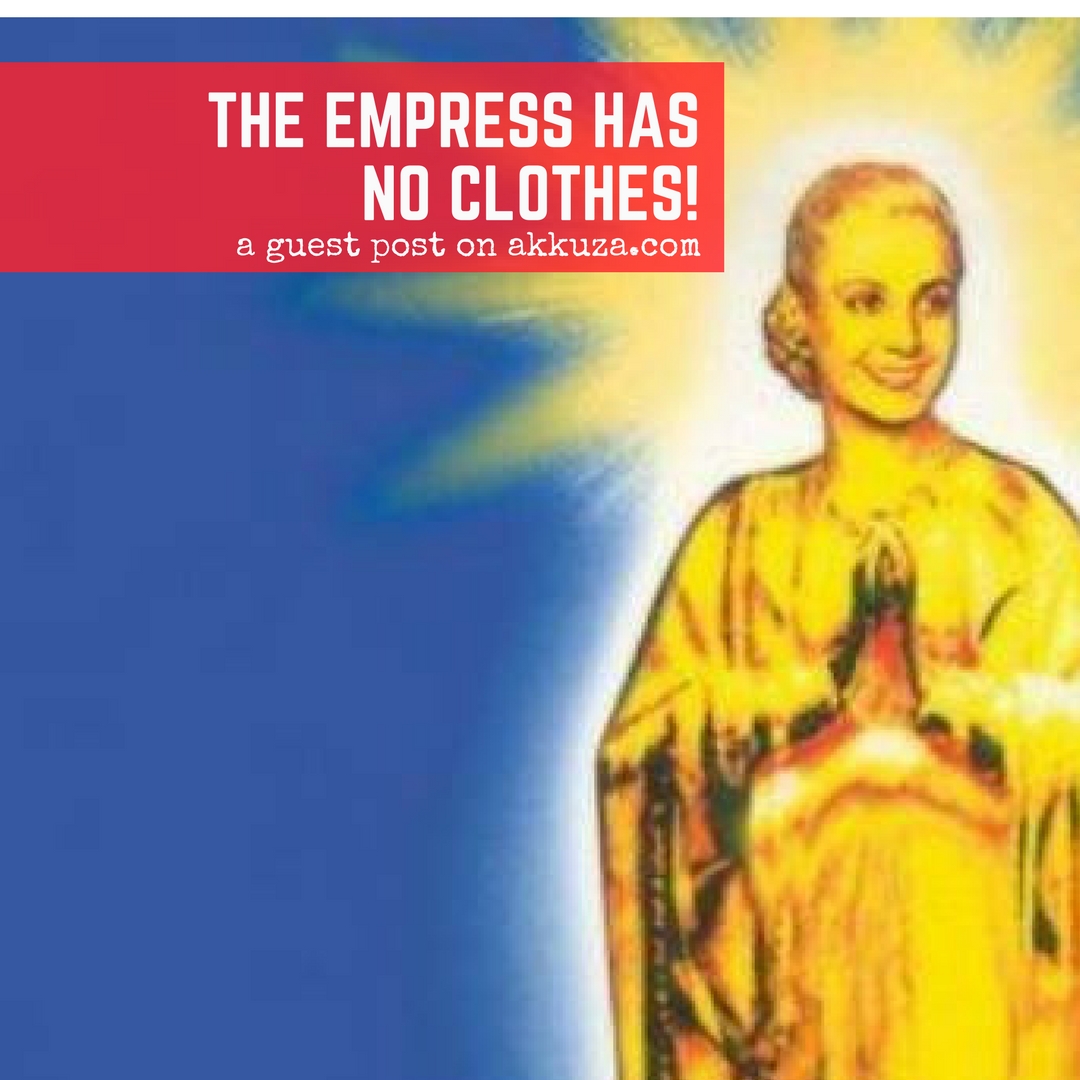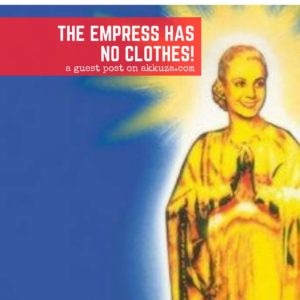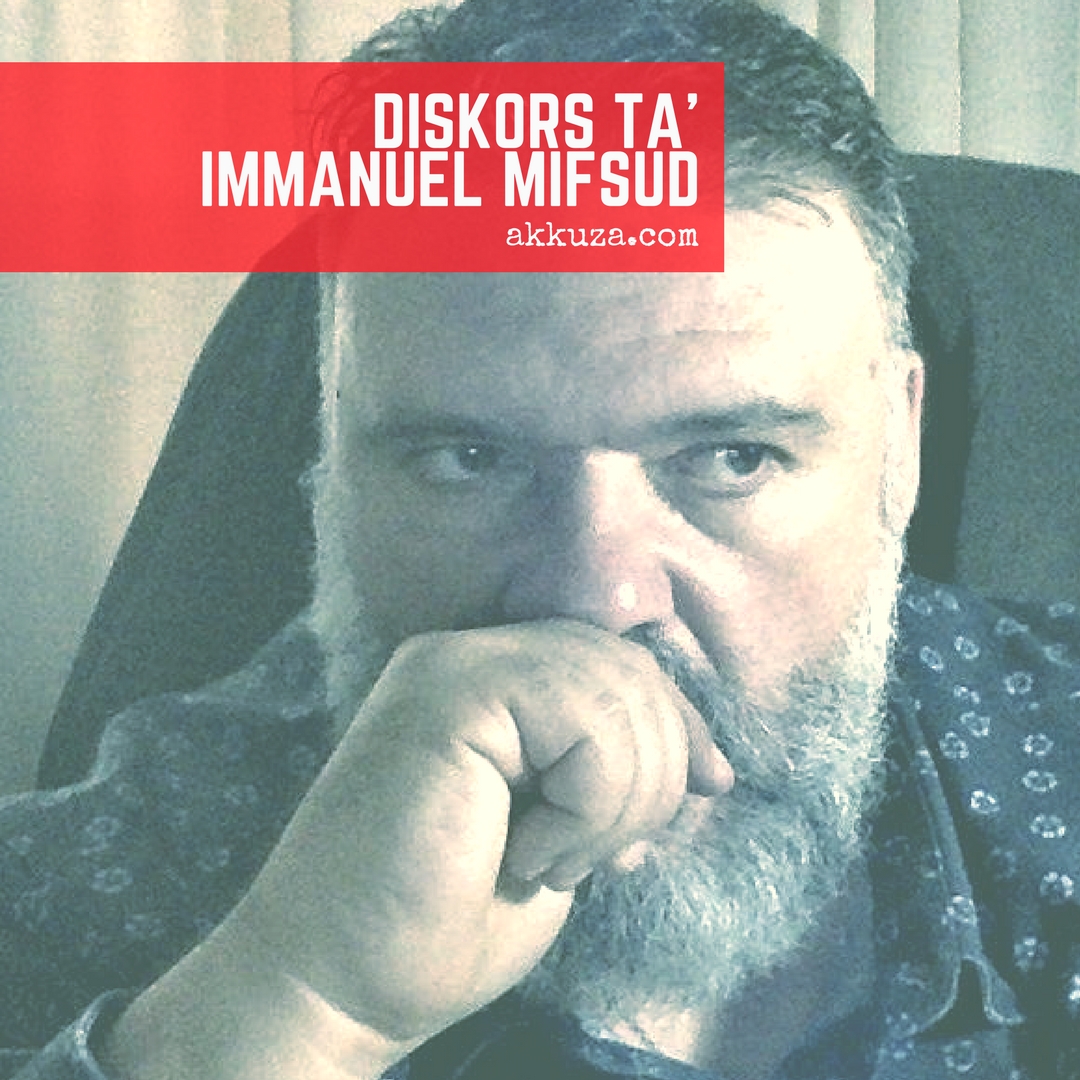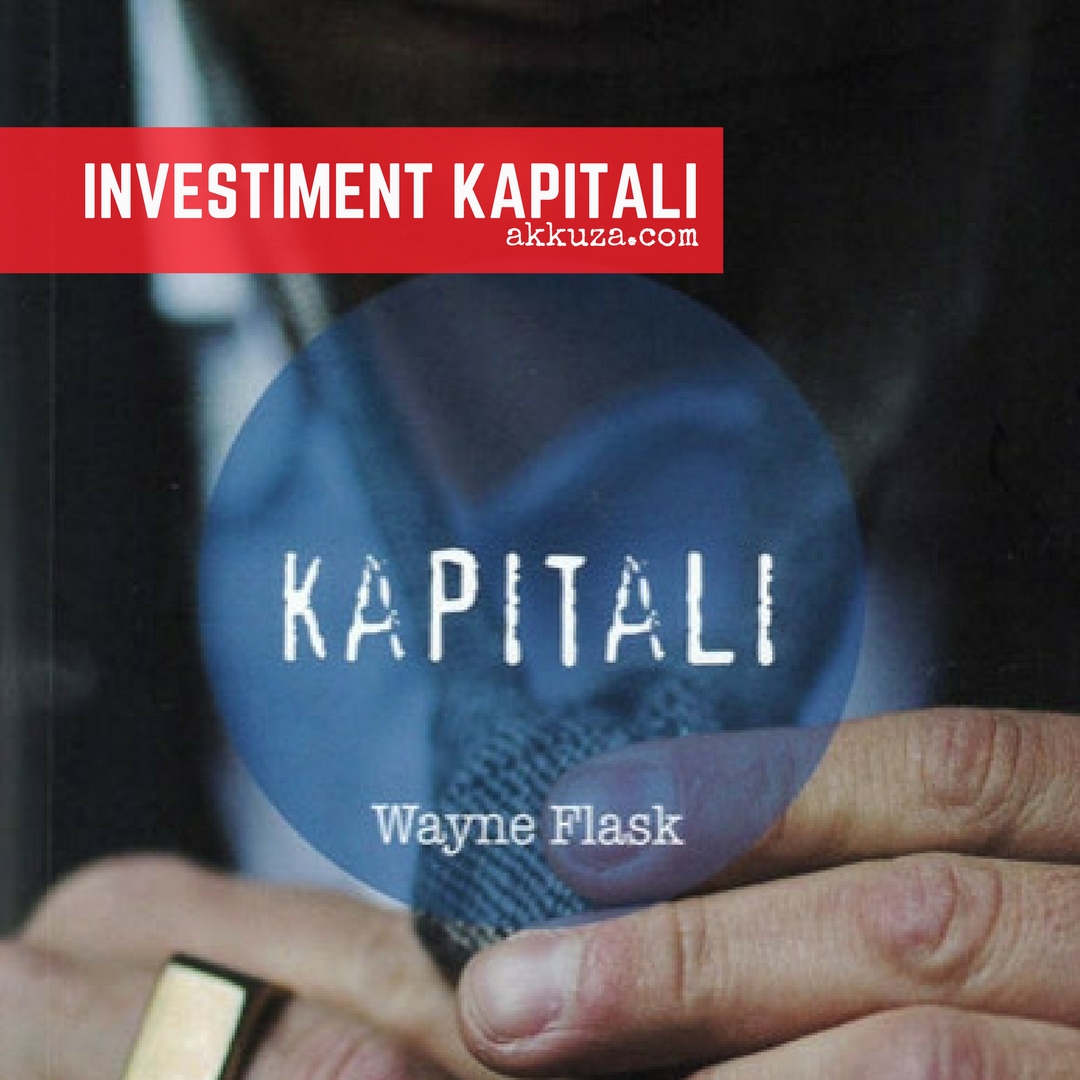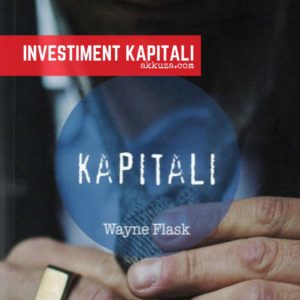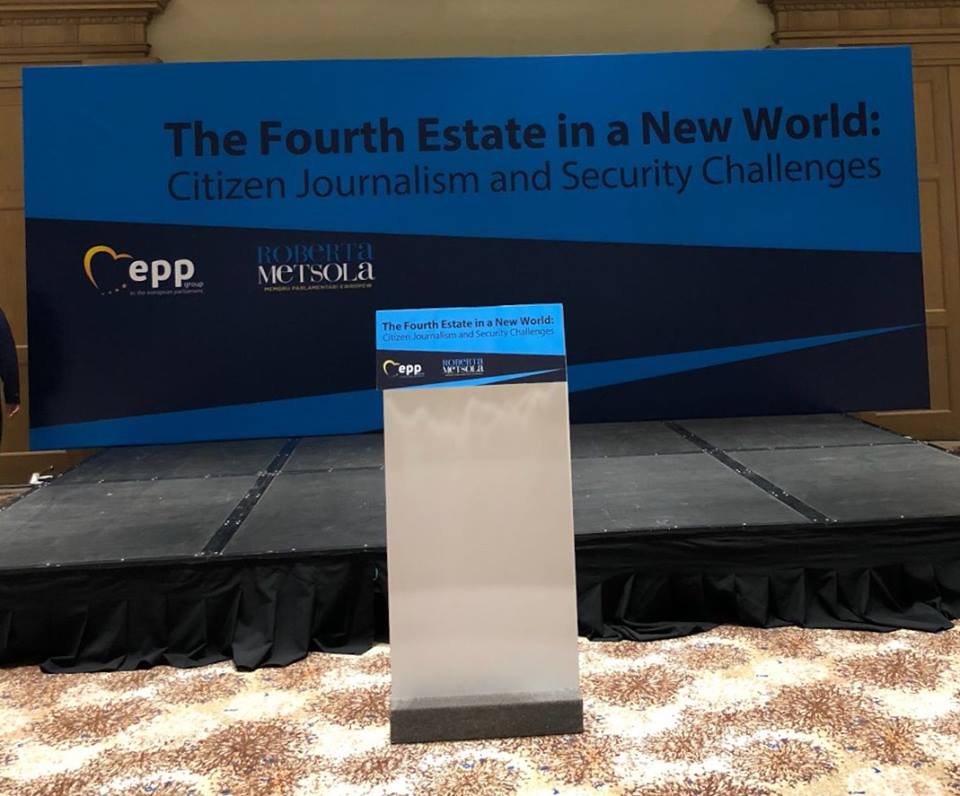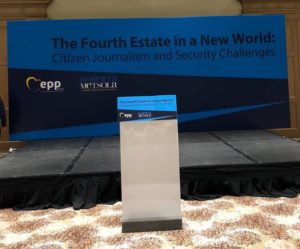
This is the text of a speech I delivered at a conference organised by the office of MEP Roberta Metsola. The conference was entitled “The Fourth Estate in a New World. Citizen Journalism and Security Chalenges.
Part One: BLOGGING AND POWER, THE GLOBAL PERSPECTIVE
When I was asked to speak about blogging in the context of citizen journalism and the fourth estate my mind immediately went back to the Time Magazine “Person of the Year” award back in 2006 – that year the award went to “YOU”: the you being everybody involved in the ‘online revolution’ that was underway. In the words of TIME Magazine: “for seizing the reins of the global media, for founding and framing the new digital democracy, for working for nothing and beating the pros at their own game, TIME’s Person of the Year for 2006 is you”.
That was December 2006. I had been blogging for almost two years having been drawn to the blogging world in March 2005 and I proudly displayed this award on my blog – it was MY award too. There was much enthusiasm around blogging in 2006 – a vibrant, positive enthusiasm – and this was reflected in the TIME magazine bumper Christmas edition that announced its Person of the Year.
Writing in that edition Richard Stengel described the Person of the Year as “the individuals (who) are changing the nature of the information age, the creators and consumers of user-generated content that are transforming art and politics and commerce … they are the engaged citizens of a new digital democracy.”
The key-words are all there: politics, democracy, citizens. Engaged citizens. Elsewhere in the same 2006 window it would be clear that the User-Generated Generation was a product of the exaltation and celebration of the self. It was not highlighted at the time but it would be the celebration of the end of the private and the beginning of the invasion of every single sphere of our mundane life.
Those early assessments of the Web Revolution already caught a glimpse of the idea that at the heart of the digital revolution was the rapid spread of the First Person Singular. The focus at the time was on the fact that this would be made up of the contribution of millions of people and that somehow it would all matter. The Web 2.0 revolution was still viewed as a massive social experiment – this 2006 was a window on the future and the question marks were huge and ominous.
Of course, there were the cynics. There are always the cynics. Some saw user-generated content as a huge threat that would undermine the traditional authority of media institutions – they would call this phenomenon “amateur hour”. There were already the first signs of a caveat – a warning…
Here’s Lev Grossman in the same TIME edition: “ Sure it’s a mistake to romanticise all this any more than is strictly necessary. Web 2.0 harnesses the stupidity of crowds as well as its wisdom. Some of the comments on YOUTUBE make you weep for the future of humanity just for spelling alone, never mind the obscenity and the naked hatred”.
The optimism was still there though. This new, powerful phenomenon was definitely here to stay. Digital democracy, the Web 2.0 revolution had spawned a new hero: the engaged citizen. Or so they thought. Let us bear in mind one very important element here. This was December 2006. Almost 2007. Some perspective is needed.
First of all, the award went to a digital citizen whose main tools at the time were Wikipedia, Youtube and MySpace. Yes MySpace. Blogs too. Oh yes, they had been around for some time. Back in 2004 Merriam-Webster had named “blog” – the term derived from Web-Log – the word of the year. That same year saw the first accredited bloggers at national political conventions during US elections. It also was the record year for blog creation – one blog was being created every 7.5 seconds (10,000 daily). Worldwide.
More perspective. In December 2006 Twitter was merely 5 months old. Facebook had only been open to the general public for three measly months, and Julian Assange had only just set up Wikileaks in Iceland two months previously. Yes, the landscape in which blogs and the blogosphere placed themselves was a very different one from the one we know today. Some familiar problems already existed, although in different forms. Here is Brian Williams on the same bumper TIME edition:
“It is now possible – even common – to go about your day in America and consume only what you wish to see and hear. There are television networks that already agree with your views, iPods that play only music you already know you like, Internet programs ready to filter out all but the news you want to hear.”
You will have recognised all the traits of what we nowadays call the echo-chamber, the personal bubble of sanitised information. This was before the sophisticated algorithms brought to us by google and facebook. Then we had “news aggregators” – you would pick what news to be informed about. Personalisation and tailor made information meant that we had already begun to “personalise” our view of the world. Blogs could only be so loud as the audience that wanted to hear them.
One huge development had still not come about by December 2006. In fact it would not be before June 29th 2007 that the biggest revolution of all in citizen empowerment would come about. That was the day Steve Jobs presented the iPhone to the world. Smart Phone Type 1. The world was literally at your fingertips from then on. The smartphone would become the ultimate power tool for the engaged citizen. In art. In chronicling. In politics. First hand, user-generated information was given the ultimate tool.
Back in 2006, Brian Williams had asked the question: “Does it endanger what passes for national conversation if we’re all talking at once? What if “talking” means typing on a laptop, but the audience is too distracted to pay attention? The whole notion of “media” is now much more democratic, but what will the effect be on democracy? The danger might be that we miss the next great book, or the next great idea, or that we fail to meet the next great challenge.. Because we are too busy celebrating ourselves and listening to the same tune we already know by heart”. Spooky right?
Listening to “tunes we already know by heart” would not be the only problem. At the core of this revolution was a redistribution of the way information was communicated. Data would be rehashed exchanged and transformed. We were optimistic because we thought that there would be more openness. What was underestimated from the start was the possibility that facts, truth and data could and would be manipulated to serve multiple purposes. This was the other edge of the sword.
Take the 2006 Person of the Year award itself. A few weeks before the announcement, TIME had decided to ask users in a poll: “Who should be Person of the Year?” After several weeks there was one poll winner by a wide margin of 35% of total votes: HUGO CHAVEZ, Venezuela’s leader. Second place? MAHMOUD AHMADINEJAD, President of Iran. In one big blow to the very concept of digital democracy, TIME decided to ignore the results and did not mention them in their announcement of their “Person of the Year”. Worse still, the hyperlink to the online poll results was removed.
BLOGGING AND POWER THE MALTESE PERSPECTIVE
What about Malta then? Did blogging ever become a threat? Did it really become important enough to end up being threatened? Malta’s blogosphere took shape around the end of 2004. My first post on J’accuse was, as I mentioned earlier, in March 2005. In my first post titled “The Kinnie Generation” I tried to encapsulate the feeling of the generation of bloggers that had just sprouted up around the Maltese blogosphere:
“Thus the Kinnie generation – the bitter-sweet oxymorons in personam – who slowly realised that Malta under the socialists was bad because it was violent and Malta under the nationalists is bad because it is one big lie. The Kinnie generation who are slowly becoming nostalgic for the eighties, saw the nineties fly by them and still cannot understand whatthefuck they are meant to be doing in the noughties.”
And the blogs took off. By the time the general elections in Malta came around in 2008 the digital presence of a mini-army of independent-minded pundits could no longer be ignored. The Main Stream Media took to interacting with what they obviously perceived as ‘amateurs’. Some papers took to collating whole pieces of blogs into their pages while others often reacted to “corrections” or provocations by bloggers. Slowly but surely the MSM would adapt to have “blogs” of its own too – vitrual opinion columns.
Interestingly the “new kids on the blog” still needed a precise definition in the collective imagination. It was still unclear to many what exactly a blog was and who was behind it. I recall clearly a Lou Bondi episode where he referred to bloggers generally as “pecluqa” – nothing more than chatterers of no substance. We were experiencing our own “testing ground” moments. I would say that the first instinct from the mainstream media was to ignore this new fad. The second instinct was to take over. We even got a new category at the annual journalism awards quaintly doctored to reward the MSM clones of independent bloggers.
While the mainstream media was uncomfortably adjusting to the power of the blog, one particular social participant woke up from its slumber and understood the threat to an important element for its survival. The political parties realised as early as 2008 that the blogging network that existed was dominated mainly by bloggers outside the PLPN box. We witnessed the birth of Trolls Mark I. It was in the middle of this political eureka moment that the blog that would become by far the most influential and largest of all was born.
Daphne Caruana Galizia started the Running Commentary towards the end of the 2008 electoral campaign. She shifted from being a heavy presence on the comments boards to having her own blog. It would be some time before she would acknowledge to being a blogger herself – her early approach was defined by the fact that bloggers were a bunch of nerds and geeks obsessed with Lord of the Rings.
It began as one blog of many but, ironically, in the end the Running Commentary would come to form the idea of what a blogger is in many people’s minds in Malta. From 2013 onwards, by which time internet presence and blogs were an obvious part of our political reality, the Running Commentary upped the ante. It became one of the testing grounds for the many laws that could be used and were used to silence or intimidate people using their freedom of expression.
It was not just libel or defamation laws. Daphne famously flouted the rules on the day of reflection by posting updates throughout that day. Interestingly most of the actions against Daphne Caruana Galizia were based on her blog posts and not on her column in the Malta Independent. I use this as an example because it is clear that a blog, a personal blog where the blogger is editor and writer wrapped in one, is evidently a much more potent weapon than the columns in the mainstream media.
Yes. I dare say it. Independent based blogs can be a much bigger threat than the MSM if they do their job right. And that is the crux of the matter. Doing our job right. What does that mean?
First of all, there is the question of INFORMATION. Data. Facts. In the world of post-truth a blog can perform a valuable role of providing an analysis of facts that is different from the mainstream especially when the mainstream is prone to bow to the pressure of propaganda. Access to new information becomes crucial. We have heard that Daphne’s blog became a “one-woman wikileaks”. More readers meant a wider network and more information being provided. As time went by less people trusted the proper authorities so they would “leak” to someone who would have the guts to use the information.
Which brings me to the second point. How we use the information is important. I make no secret of the fact that I was never quite content with one aspect of the “one-woman wikileaks” – it also means that we had a “one-woman gatekeeper”. Allow me the cliche’ – with great power comes great responsibility. The “threat” that blogs pose is part and parcel with the threat that the role of the fourth estate poses. The truth is out there. It requires honest appraisals, honest analysis and honest presentation.
Blogging can and will be seen as a threat whenever it is used to uncover or analyse information with a commitment to honesty. In these the days of post-truth blogs can carve a role and act as beacons for society to work around. It is an idealistic approach, so much I can admit… however I see no alternative.
Yes blogs can be a threat, and even when they come under threat, they can overcome these threats because a blog – like the pen – must conquer fear.

